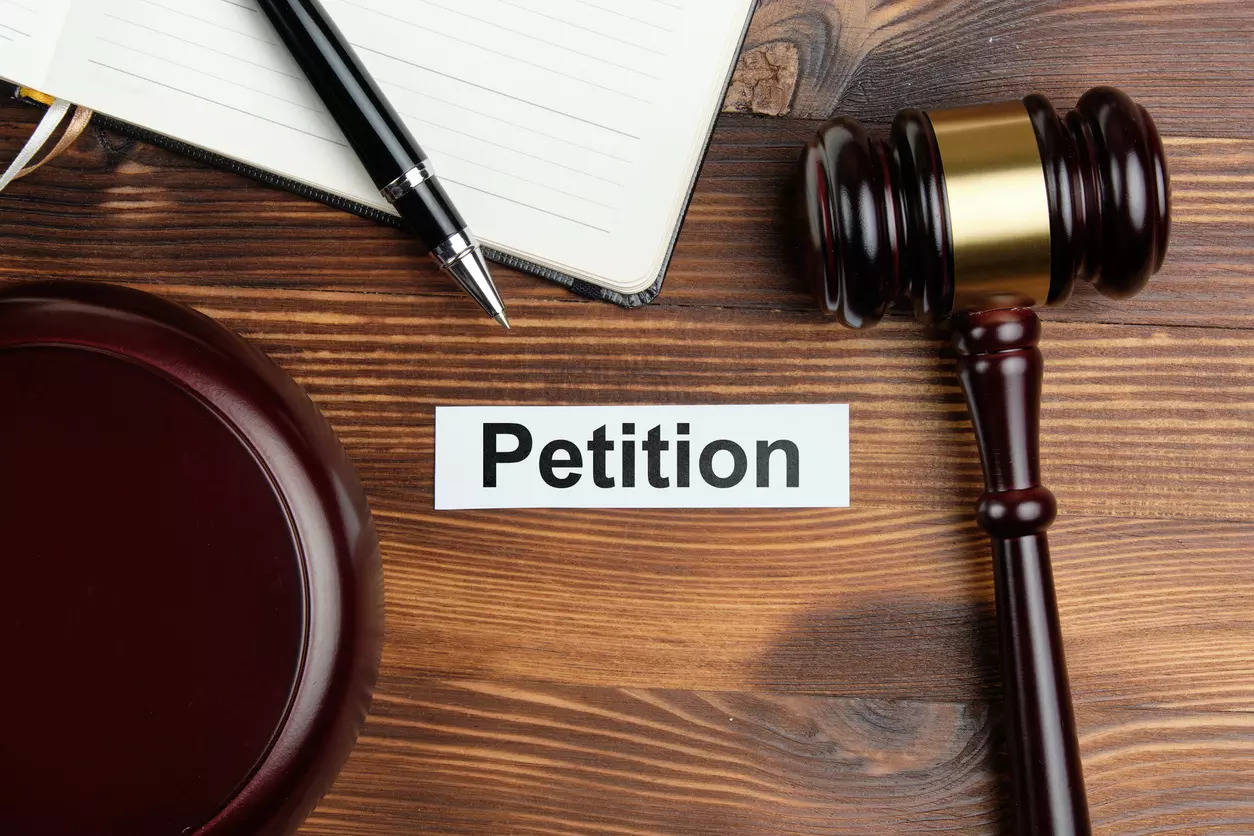
New Delhi: A petition highlighting India’s worsening air pollution crisis was submitted in Parliament on Thursday, in which civil society members called on the lawmakers to convene a joint session to address the issue. The petition sought immediate measures to address what it described as an “unprecedented environmental and public health disaster“.
Clean air is a fundamental human right under Article 21 of the Constitution, which guarantees to life, it said, adding that deteriorating air quality in North India, particularly in Delhi-NCR, posed a grave threat to this right.
The petition addressed to all the members of Parliament claimed that according to the Central Pollution Control Board (CPCB), Delhi’s Air Quality Index (AQI) has remained in the “poor” or “very poor” category since September 2023, with “hazardous” levels of 1,500 to 2,000 recorded during the winter months.
It also outlined the “devastating” impact of air pollution on public health, citing data that attributes 1.7 million deaths annually in India to pollution-related problems, accounting for 18 per cent of all fatalities.
In Delhi, the average life expectancy is reduced by up to 12 years due to pollution, while across the country, 3.57 years of life expectancy is lost to air pollution, surpassing the gains of curing all cancers, the petition claimed.
The health of children is particularly at risk, with 30 per cent of Delhi’s kids suffering irreversible lung damage, according to a 2022 report by the Lung Care Foundation, the petition said.
The petition also highlighted the enormous economic toll of pollution, which it claimed is costing the country Rs 77 lakh crore annually, equivalent to 3 per cent of its GDP.
This financial burden is twice the nation’s public health expenditure, driven by premature deaths and illness caused by toxic air, the petition claimed.
It also identified the key contributors to the pollution crisis in Delhi-NCR, including perennial sources such as vehicular emissions, construction dust, industrial pollution, and open burning of garbage.
Episodic sources like stubble burning and firecrackers during festivals further exacerbate the problem, it said.
Highlighting these issues, the petition called for a joint session of both the Houses in Parliament to formally recognise air pollution as a national crisis.
It also demanded the strengthening of the Air (Prevention and Control of Pollution) Act, 1981, with stricter standards for pollutants, enhanced air quality monitoring, and tougher penalties for violators.
Batting for empowering the pollution control boards with additional resources and authority, the petition suggested the formation of a joint parliamentary panel to oversee the reforms and implement legally-binding air quality targets.
The petition also recommended establishing a dedicated healthcare fund to address the medical consequences of pollution, urging the government to formulate a multi-ministerial strategy to combat the crisis.
Emergency measures, such as promoting regional public transport, providing incentives to farmers to prevent stubble burning, and mandating cleaner vehicle standards, were also stressed in the plea.
The air quality in the national capital began deteriorating on October 30 when it entered the “very poor” category.
Over the next 15 days, the AQI consistently remained in the “very poor” range, with readings above 300. The situation worsened in the second half of November, as the air turned toxic with AQI levels breaching the 400-mark.
However, with the onset of December, the air quality showed signs of improvement due to strong winds. Starting December 1, the AQI improved to the “poor” category and continued to get better.
On Thursday, the air quality was recorded in the “moderate” category for the second time this month at 165, CPCB data showed.







